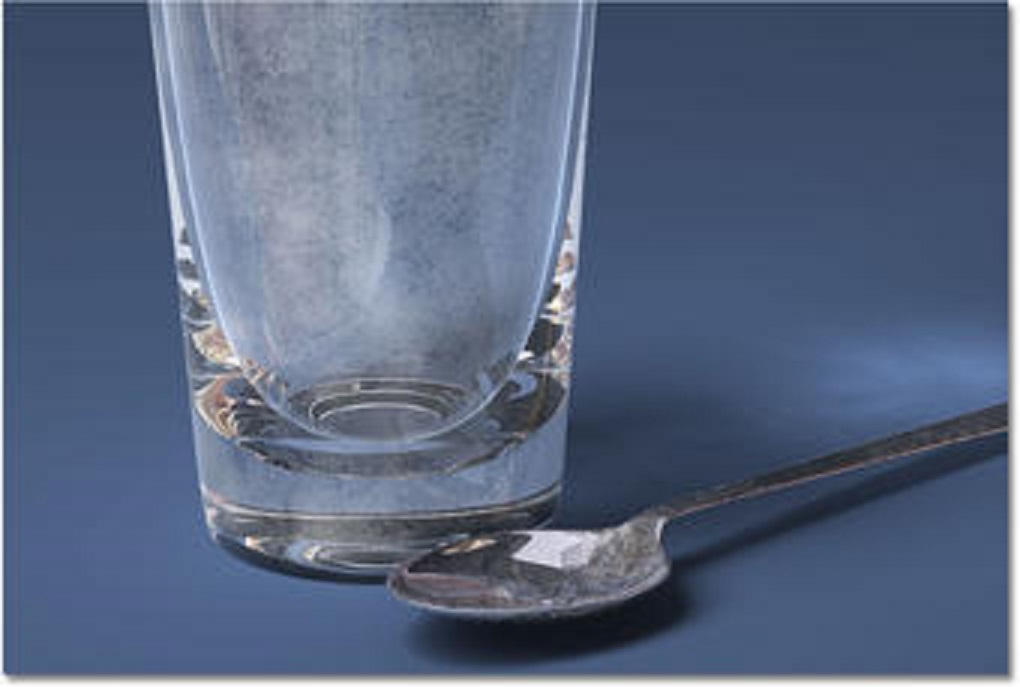
What is water hardness and what are its harms?
The definition of water hardness is the amount of calcium and magnesium dissolved in water. Hard water is high in dissolved minerals, largely calcium and magnesium.
You can feel the hardness of the water if it is high when washing hands with soap. It may feel like there is a layer of soap residue on your hands. The soap reacts with the calcium in hard water, causing a sticky residue on your hands. We use more soap or detergents to clean things up, whether it’s your hands, hair, or laundry.
The effects of hard water on household appliances
When using the dishwasher, we will notice stains or film on the mugs if the water is hard. And when hard water is heated, as in a home water heater. It can form a solid precipitate of calcium carbonate. This scale can reduce equipment life, raise water heating costs, reduce the efficiency of electric water heaters, and clogged pipes.
Also, mineral buildup will occur in your home coffee maker, which is why some people sometimes put vinegar (acid) in the bowl. The acidity of the vinegar helps dissolve the metal particles by making them charge. These newly charged particles are attracted to the positive and negative charges in the water and are easily washed out.
Water hardness gauges
Hardness is caused by compounds of calcium, magnesium, and a variety of other minerals. General guidelines for water classification are: 0 to 60 mg/L (milligrams per liter) as calcium carbonate is rated as soft; 61 to 120 mg/L as moderate hardness; 121 to 180 mg/L is stiff; And over 180 mg/L as a very hard substance.
Limescale buildup inside the water pipe
This problem is most evident when groundwater is used as it is a strong source of water hardness, as when water moves through soil and rocks it dissolves small amounts of naturally occurring minerals and transfers them to the groundwater supplies. Water is a great solvent for calcium and magnesium, so if minerals are present in the soil around a water supply well, hard water may be delivered to homes.
The level of water hardness varies from region to region. In areas where the water is relatively hard, factories may have to spend money to treat water for the purpose of softening the water, as hard water can damage equipment. Water hardness can shorten the life of fabrics and clothing.
It also damages water pipes, as the long-term movement of hard water through the pipe can lead to scale buildup. Just as in the human body where blood vessels reduce in inner diameter due to cholesterol buildup, water tubes can gradually close resulting in less movement of water through the tube and lower water pressure.
What are the effects of hardness on industrial environments?
Hard water is not harmful to health, but its damage starts from its inability to form foam when used with soap or toothpaste, which causes an increase in soap consumption and its damage may end in serious problems in industrial environments!
1- In boilers and pipes:
Calcium and magnesium salts precipitate by heat, which leads to an increase in their concentration. Thermal conduction decreases in various thermal vessels. It is difficult for heat to reach the heated fluid, and thus increases fuel consumption. This may result in the boilers exploding as a result of the formation of insulating layers that prevent cooling, and the temperature rises dangerously. Or due to clogged boiler pipes along with problems of rust and metal corrosion.
2- In the textile industry:
When treating textile fibers with soap, the salts that cause hardness react with the soap to form an insoluble lime soap. That salts deposit on fabrics and threads in an irregular manner, thus helping to attract dust particles. It also leads to irregular dyeing because of the resistance to entering dye particles in the places deposited on them.
The presence of calcium and magnesium particles in the water causes a significant decrease in the spread of the dye when dyeing the fibers, and this affects the stability of the dye.

























